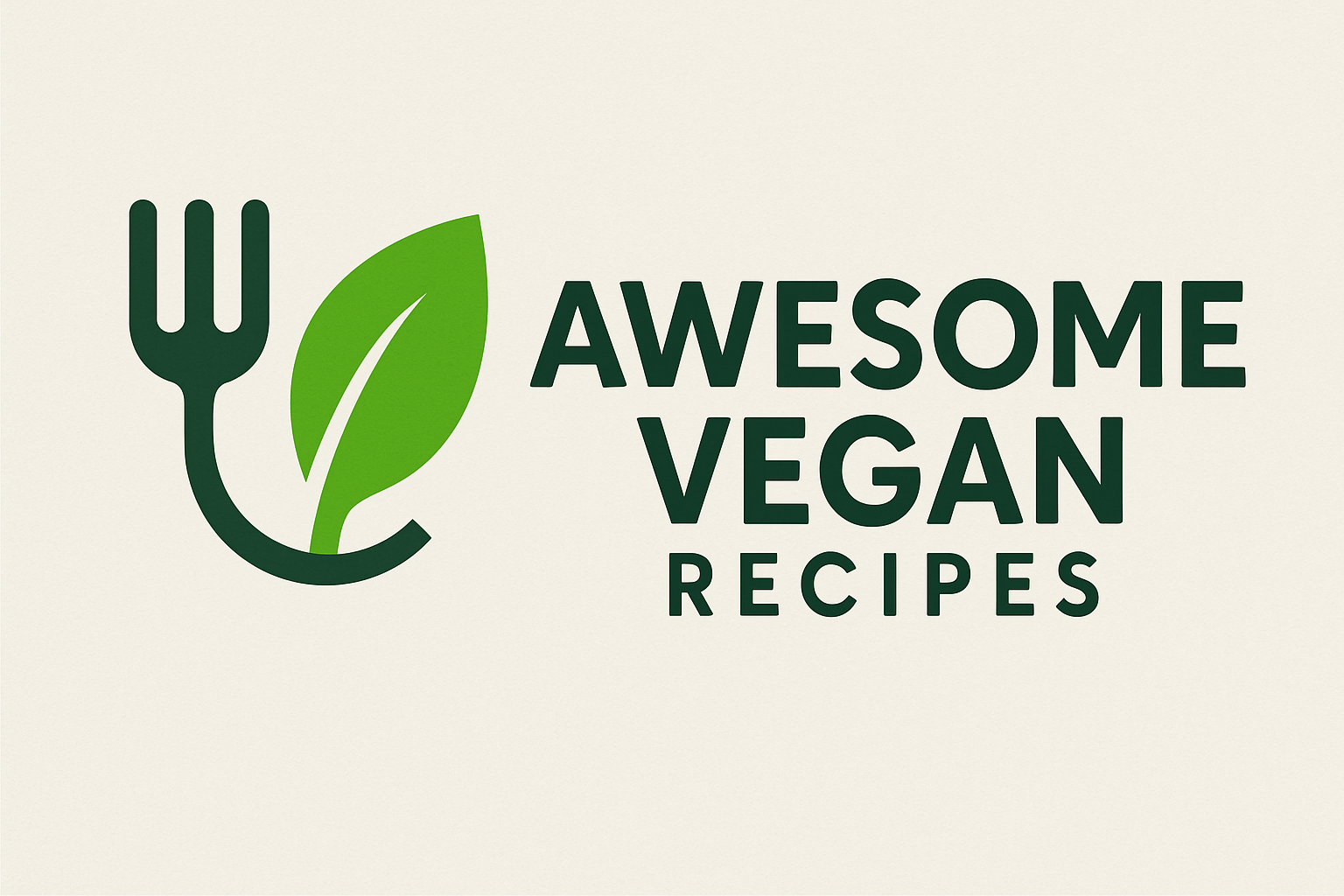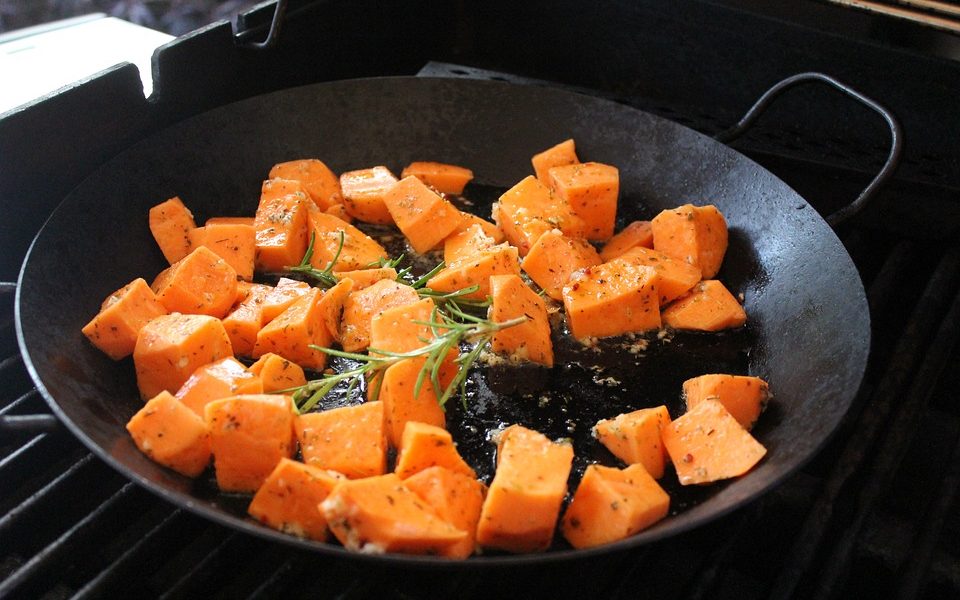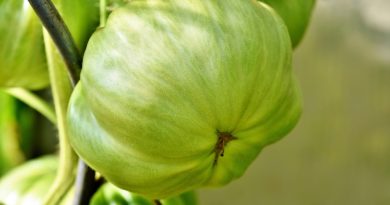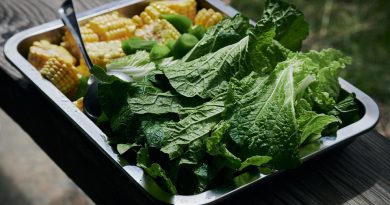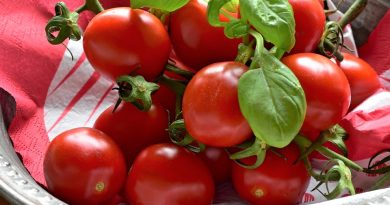The Ultimate Vegan Beginner’s Guide: Transitioning to a Plant-Based Lifestyle
The Ultimate Vegan Beginner’s Guide: Transitioning to a Plant-Based Lifestyle
Are you considering transitioning to a vegan lifestyle but not sure where to start? Making the switch to a plant-based diet can seem daunting at first, but with the right guidance and resources, it can be a smooth and rewarding journey. In this beginner’s guide, we will walk you through the basics of veganism and provide tips on how to make the transition as seamless as possible.
What is Veganism?
Veganism is a lifestyle that excludes the consumption and use of animal products. This includes meat, dairy, eggs, honey, and products derived from animals such as leather, wool, and silk. The primary reasons people choose to adopt a vegan lifestyle are ethical, environmental, and health-related.
Why Go Vegan?
There are numerous benefits to adopting a vegan lifestyle, both for personal health and the planet. A plant-based diet has been shown to lower the risk of chronic diseases such as heart disease, diabetes, and certain types of cancer. Additionally, reducing or eliminating animal products from your diet can greatly reduce your carbon footprint and help combat climate change.
Getting Started
The key to successfully transitioning to a vegan lifestyle is to take it slow and do your research. Start by educating yourself about veganism and familiarize yourself with plant-based foods. Experiment with new recipes and ingredients to find what works best for you.
Replace Animal Products
One of the first steps in transitioning to a vegan lifestyle is to replace animal products with plant-based alternatives. There are a wide variety of vegan alternatives available on the market today, including plant-based milks, cheeses, meats, and eggs. Experiment with different brands and products to find ones that you enjoy.
Stock Up on Staples
To make the transition to a vegan lifestyle easier, it’s important to keep your kitchen stocked with essential vegan staples. Some key items to have on hand include fruits and vegetables, whole grains, legumes, nuts, seeds, plant-based milk, and nutritional yeast. These ingredients can be used to create a wide variety of delicious and nutritious vegan meals.
Plan Your Meals
Meal planning is essential when transitioning to a vegan lifestyle. Start by planning your meals for the week and making a grocery list to ensure you have everything you need. Consider batch cooking and meal prepping to save time and make it easier to stick to your vegan diet.
Eat a Variety of Foods
A well-balanced vegan diet should include a variety of foods to ensure you are getting all the nutrients your body needs. Aim to include a mix of fruits, vegetables, whole grains, legumes, nuts, and seeds in your diet. Experiment with different recipes and cuisines to keep things interesting.
Get Creative in the Kitchen
One of the best parts of transitioning to a vegan lifestyle is getting to experiment with new ingredients and recipes. Don’t be afraid to get creative in the kitchen and try out new dishes. Explore different cooking techniques and flavor combinations to discover what you enjoy.
Stay Informed
It’s important to stay informed about veganism and the latest developments in plant-based nutrition. Follow vegan blogs, social media accounts, and websites to stay up to date on news, recipes, and resources. Connect with other vegans in your community or online to share tips, advice, and support.
Be Patient and Persistent
Transitioning to a vegan lifestyle is a journey, and it’s important to be patient and persistent. Understand that it may take time to adjust to a new way of eating and living. Don’t be too hard on yourself if you slip up or make mistakes along the way. Remember that progress, not perfection, is key.
Conclusion
Transitioning to a vegan lifestyle can be a life-changing experience that benefits your health, the environment, and animals. By following the tips outlined in this beginner’s guide, you can make the switch to a plant-based diet with confidence and ease. Remember to take it slow, stay informed, and most importantly, enjoy the journey towards a healthier and more compassionate way of living.
